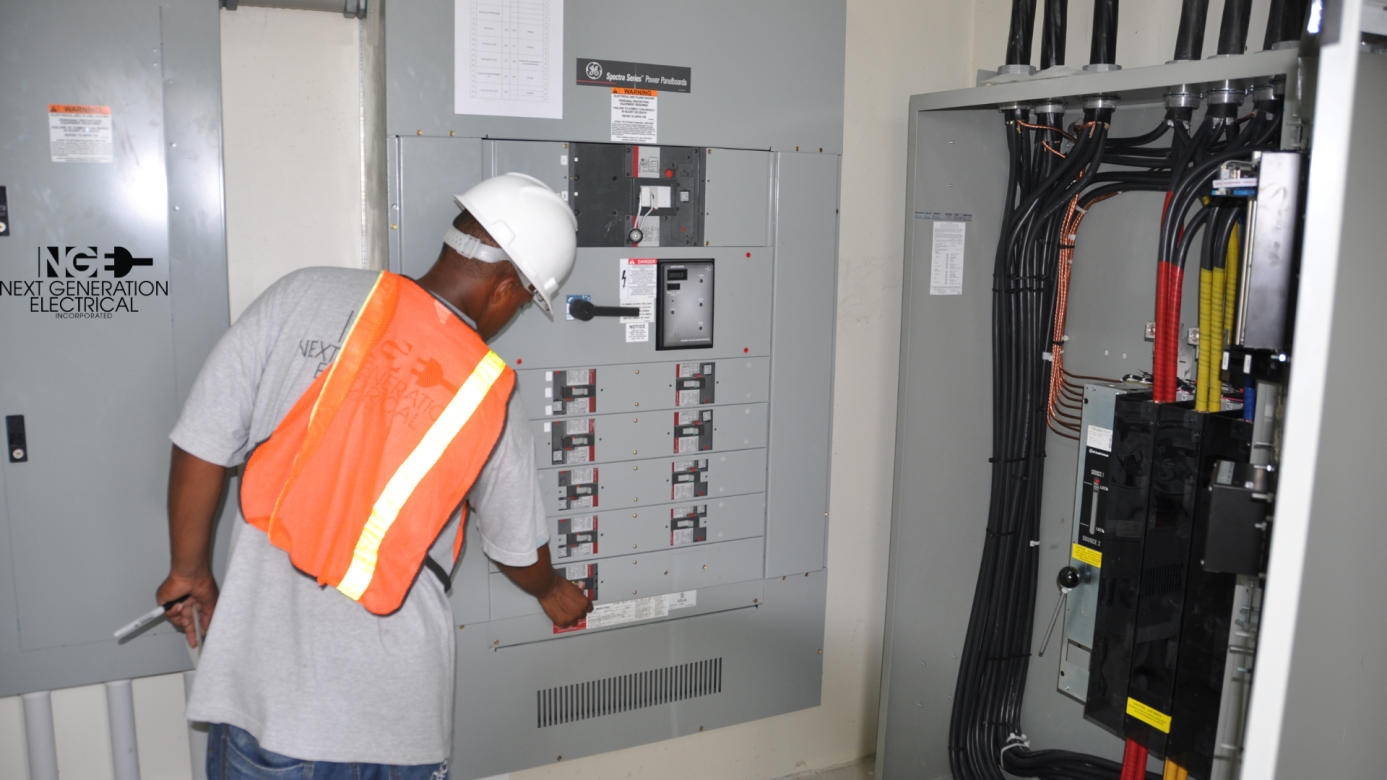Battery Energy Storage Systems (BESS) are where it’s at!
Battery Energy Storage Systems (BESS) are where it’s at!
Battery energy storage solutions play a crucial role in enhancing the efficiency, reliability, and flexibility of photovoltaic (PV) solar installations. These solutions help address the intermittent nature of solar power generation by storing excess energy produced during sunny periods and releasing it when the sun is not shining. This enables a more consistent and reliable energy supply, reduces the need for grid power, and improves the overall economics of solar installations, whether you’re going off-grid or looking for a grid-tied back-up system. Here's a deeper dive into the topic:
1. Importance of Battery Energy Storage:
- Time Shifting: Solar panels generate energy during daylight hours, but energy demand often peaks in the evening. Battery storage allows excess energy to be stored during the day and used during peak demand hours, reducing the reliance on grid power and potentially lowering electricity costs.
- Grid Stability: Energy storage systems can provide grid stabilization services by responding quickly to fluctuations in supply and demand. They can inject power into the grid during high-demand periods or absorb excess power during low-demand times, helping to maintain grid frequency and stability.
- Backup Power: Battery storage systems can provide backup power during grid outages, ensuring a continuous energy supply for critical loads. Whether in your home or your office.
- Integration with Renewables: Battery storage facilitates the integration of intermittent renewable energy sources, like solar and wind, into the grid. This integration enhances the grid's capacity to handle variable energy generation.
2. Types of Battery Technologies:
- Lithium Based Batteries: These are the most common battery type for energy storage due to their high energy density, efficiency, and long cycle life. They are used in various applications, from small residential setups to large utility-scale installations. Solutions such as the Humless 6kW Universal LiFePO4 Storage Battery offer lower energy consumption in production, compared to other battery chemistries. Their LiFePO4 batteries require less energy to produce their materials, reducing the carbon footprint of their production.
- Flow Batteries: These batteries store energy in liquid electrolytes, offering scalability and long cycle life. They are suitable for applications requiring long-duration energy storage.
- Lead-Acid Batteries: Although less common for large-scale installations due to their lower energy density and shorter cycle life compared to lithium-based batteries, they are still used in smaller residential systems and certain applications. These systems are quite rudimentary and are on the way out.
- Solid-State Batteries: This emerging technology offers high energy density, improved safety, faster charging times, and potentially longer cycle life compared to traditional lithium-based batteries. They are being researched for future energy storage applications.
3. Sizing and Design: The size of the battery storage system should be designed based on factors such as the PV system's capacity, energy consumption patterns, load requirements, and desired level of energy independence. Oversizing the battery can lead to unnecessary costs, while going too small can result in inadequate energy storage during cloudy periods.
4. Control and Management: Advanced Energy Management Systems (EMS) are essential for optimizing the performance of battery storage systems in solar PV installations. These systems control charging, discharging, and energy flow to ensure efficient operation, maximise battery life, and meet your energy needs.
5. Economic Considerations: The economics of battery energy storage solutions for PV installations are influenced by factors such as upfront costs, electricity rates, incentives, and the value of energy independence and grid services. As battery costs continue to decline, the financial viability of these systems improves.
6. Applications: Battery energy storage solutions find applications in various settings:
- Residential: Providing backup power, optimizing self-consumption, and reducing peak demand charges.
- Commercial and Industrial: Reducing demand charges, participating in demand response programmes, and enhancing energy resilience.
- Utility-Scale: Supporting grid stability, time-shifting energy, and deferring grid infrastructure investments.
In conclusion, battery energy storage solutions are instrumental in making photovoltaic solar installations more reliable, resilient, and economically viable. As technology advances and costs decrease, the integration of solar and battery storage is expected to play a significant role in the global transition towards more sustainable and decentralized energy systems. If paired with solar and/or a generator, the hybrid solar system will store and provide a nearly endless power supply providing energy and family security. Top of FormFor more information, you can always contact us at: info@ngebarbados.com or (246) 426 2871
Top of Form
Bottom of Form




